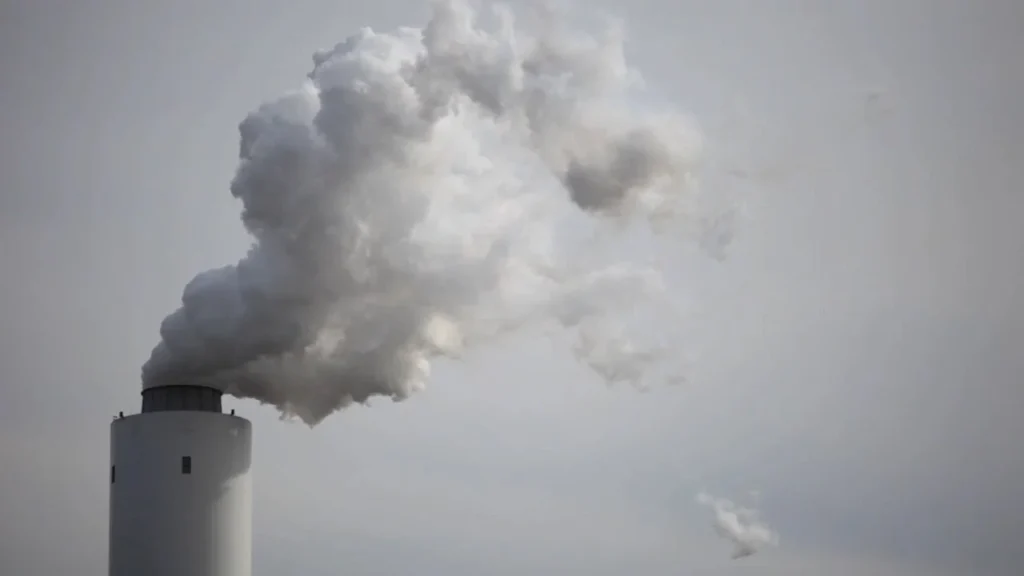Statement by Keith Brooks, Program Director, Environmental Defence Canada
Toronto | Traditional territories of the Mississaugas of the Credit, the Anishinaabeg, the Haudenosaunee, and the Wendat –Preliminary data released by the Canadian Climate Institute (CCI) on September 18th shows that Canada is expected to miss its 2030 greenhouse gas emissions reduction target by a wide margin. Now is the time for Prime Minister Mark Carney’s government to make it clear that this government remains committed to fighting climate change. Canada needs a comprehensive carbon pollution reduction plan.
Climate pollution reduction targets matter because they are directly tied to keeping the global temperature below a threshold that threatens the survival of human civilization. Fighting climate change is also a moral obligation, as the Prime Minister recently said, and critical to Canada’s future competitiveness.
According to the report, nearly all of the increases in greenhouse gas emissions in Canada can be tied to the oil and gas sector, and the vast majority of those emissions come from the oil sands. This underscores the need for an oil and gas emission cap and makes it abundantly clear that it would be deeply irresponsible to approve a new crude oil pipeline.
Since coming to power, Prime Minister Mark Carney’s government has cancelled consumer carbon pricing, paused the electric vehicle standard, and allowed the home retrofit loan program to lapse. The government said nothing in response to provincial moves to weaken carbon pricing, contract new gas plants, and plans to keep coal-fired generators firing past Ottawa’s regulated deadline. Meanwhile, other key policies including oil and gas methane regulations and the oil and gas emissions cap are in limbo. It is unnerving to say the least.
Canada was, after 10 years of climate policy making, finally starting to bend the emissions curve in the right direction. But now it appears to be bending back. This is not what Canadians voted for, nor what they expected from the former UN Special Envoy on Climate Action and Finance.
Recently, the Prime Minister indicated that his government would table a “climate competitiveness” plan.
Any competitiveness strategy should include policy and legal tools to reduce greenhouse gas emissions and meet our international obligations. Maintaining global competitiveness means supporting and protecting Canadian industries that are emerging in a world dominated by climate action and a move to clean energy. It must also help us to mitigate the causes of massive forest fires, floods, air pollution, droughts, crop failure, and heat domes that result in an estimated 15,000 deaths attributed to climate change each year in Canada.
ABOUT ENVIRONMENTAL DEFENCE (environmentaldefence.ca): Environmental Defence is a leading Canadian environmental advocacy organization that works with government, industry and individuals to defend clean water, a safe climate and healthy communities.
– 30 –
For more information or to request an interview, please contact:
Alex Ross, Environmental Defence, media@environmentaldefence.ca






